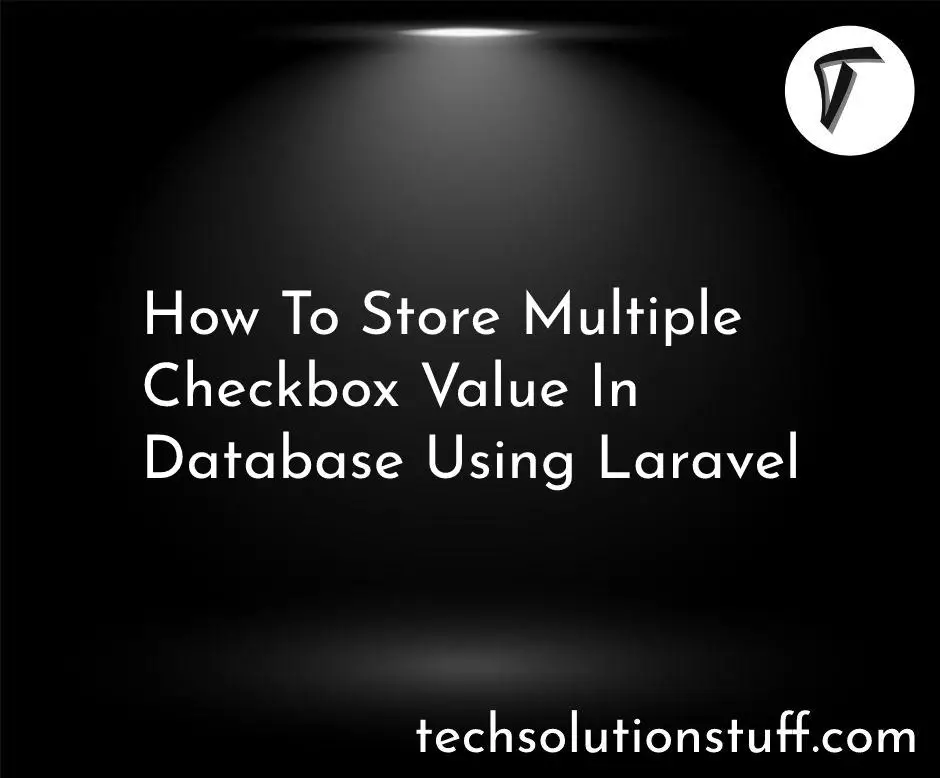Laravel 11 Remove Doctrine DBAL: What You Need to Know
In the ever-evolving world of Laravel, staying informed about the latest updates is crucial for smooth development. The upcoming Laravel 11 release brings a significant change by bidding farewell to Doctrine DBAL.
In this guide, we'll explore the essential aspects you need to know, focusing on actions like renaming columns, dropping columns on SQLite, modifying columns, and even renaming indexes on SQLite. It can remove the dependency of doctrine/dbal package.

Let's delve into these updates and ensure you're prepared for a seamless transition in your Laravel 11 projects.
Renaming Columns:
Renaming columns is a common operation in database management. It involves changing the name of a column in a database table.
Native Support added on Laravel 9.44 [9.x]:
- Laravel is a PHP web application framework, and it regularly receives updates to enhance its features and functionality. In version 9.44 (part of the Laravel 9.x series), native support for renaming columns was introduced.
[9.x] Add support for native rename/drop column commands #45258:
- This refers to a specific change or improvement in Laravel's codebase. Pull Request #45258 was created to add support for native rename and drop column commands. Pull requests are a way for developers to propose changes to a codebase.
All databases on Laravel 11 support native rename column syntax:
- In Laravel 11, the support for renaming columns using native syntax is extended to all databases. This means that regardless of the type of database system you are using with Laravel 11 (MySQL, PostgreSQL, SQLite, etc.), you can now use the native syntax for renaming columns.
This PR removes the dependency of the doctrine/dbal package when renaming columns:
- Laravel has traditionally used the doctrine/dbal package for certain database-related functionalities. However, with this pull request (PR), the dependency on doctrine/dbal for renaming columns is removed. This could lead to a more streamlined and efficient process.
It also adds support for native renaming on MySQL 5.7 with all supported types, including enum, geometry types, etc.:
- Specifically for MySQL version 5.7, Laravel 11 now supports native renaming of columns for all supported types. This includes special data types like enum and geometry, providing more flexibility and compatibility with different database structures.
Dropping Columns on SQLite:
Dropping columns is a database operation that involves removing a column from a table. It can be necessary for various reasons, such as restructuring a database schema.
Native Support added on Laravel 9.44:
- In Laravel 9.44 (part of the Laravel 9.x series), native support for dropping columns was introduced. This means that Laravel now provides built-in functionality for handling the removal of columns.
[9.x] Add support for native rename/drop column commands #45258:
- This refers to a specific improvement made to Laravel's codebase through Pull Request #45258. The focus of this PR is to enhance Laravel by adding support for native rename and drop column commands.
The minimum SQLite version on Laravel 11 supports native drop column syntax:
- In Laravel 11, the support for dropping columns using native syntax is extended to SQLite. The "minimum SQLite version" implies that this functionality is available for a certain version or newer.
This PR removes the dependency of doctrine/dbal package when dropping columns:
- Similar to the previous explanation about renaming columns, this pull request (PR) removes the dependency on the doctrine/dbal package specifically when dropping columns. It implies that Laravel 11 no longer relies on this package for handling the dropping of columns.
Modifying Columns:
Modifying columns involves making changes to the structure or properties of existing columns in a database table. This can include altering data types, adjusting lengths, or making other modifications.
Native Support added on Laravel 10.0:
In Laravel version 10.0 (part of the Laravel 10.x series), native support for modifying columns was introduced. This means that Laravel provides built-in functionality for making changes to column properties using native syntax.
[10.x] Add support for native column modifying #45487:
- This refers to a specific enhancement made to Laravel's codebase through Pull Request #45487. The focus of this pull request is to improve Laravel by adding support for native column modifying commands.
All Databases except SQLite support native modify column syntax:
- In Laravel 11, native support for modifying columns is extended to all databases except SQLite. This implies that you can use native syntax to modify columns for database systems like MySQL, PostgreSQL, etc., but there might be a different approach for SQLite.
This PR keeps the dependency of doctrine/dbal package when modifying columns as an alternative option:
- The pull request keeps the option of using the doctrine/dbal package for modifying columns. This allows developers to choose between native syntax and the alternative provided by the doctrine/dbal package when making column modifications.
Makes native column modifying as default on Laravel 11:
- In Laravel 11, the default behavior for column modification is set to use native syntax. This means that if you don't specify otherwise, Laravel will employ its own native syntax for modifying columns.
You may call Schema::useNativeSchemaOperationsIfPossible(false) to use the old syntax:
- Laravel provides flexibility by allowing developers to opt for the old syntax by calling
Schema::useNativeSchemaOperationsIfPossible(false). This gives developers the choice to use the previous method if needed, providing backward compatibility or accommodating specific use cases.
Get the data type of a column using Schema::getColumnType():
In Laravel, developers often need to retrieve information about a column, such as its data type. The method Schema::getColumnType() is used for this purpose, allowing you to obtain the data type of a specific column in a database table.
Native support added on Laravel 10.30:
- In Laravel version 10.30 (part of the Laravel 10.x series), native support for retrieving columns' attributes, specifically their data types, was introduced. This means that Laravel now provides built-in functionality for obtaining column data types using native syntax.
[10.x] Add support for getting native columns' attributes #48357:
- This refers to a specific improvement made to Laravel's codebase through Pull Request #48357. The focus of this pull request is to enhance Laravel by adding support for retrieving native columns' attributes, including their data types.
This PR removes the dependency on the doctrine/dbal package when retrieving column type:
- The pull request mentioned removes the dependency on the doctrine/dbal package specifically when retrieving the data type of a column. Laravel will now handle this operation natively, without relying on an external package.
Database Inspection Commands:
Laravel provides several artisan commands (db:show, db:table, and model:show) for inspecting and gathering information about the database and its tables.
Prerequisite Schema::getTables() [10.x] Get tables and views info #49020:
- Before these database inspection commands can work, a prerequisite is the availability of the
Schema::getTables()method. This method is responsible for fetching information about the tables in the database. This prerequisite was introduced in Laravel version 10.x.
Prerequisite Schema::getViews() [10.x] Get tables and views info #49020:
- Another prerequisite is the presence of the
Schema::getViews()method, introduced in Laravel version 10.x. This method is likely used to obtain information about views in the database.
Prerequisite Schema::getColumns() added on Laravel 10.30 [10.x] Add support for getting native columns' attributes #48357:
- The ability to inspect columns, including their native attributes, is a prerequisite. This is achieved through the
Schema::getColumns()method, which was introduced in Laravel version 10.30. It builds on the native support for obtaining column attributes mentioned earlier.
Prerequisite Schema::getIndexes():
- Information about indexes is essential for database inspection. Laravel likely relies on the
Schema::getIndexes()method to retrieve details about the indexes present in the database.
Prerequisite Schema::getForeignKeys():
- Foreign keys are crucial components of a database schema. The
Schema::getForeignKeys()method is likely used to obtain information about foreign keys in the database.
You might also like:
- Read Also: 10 Tips for Optimizing Laravel 10 String Helper Functions in (2023)
- Read Also: Laravel 11: Release Date and Upcoming Updates
- Read Also: Laravel 8 Socialite Login with Facebook Account
- Read Also: Top 10 Things to Know About Laravel 11








